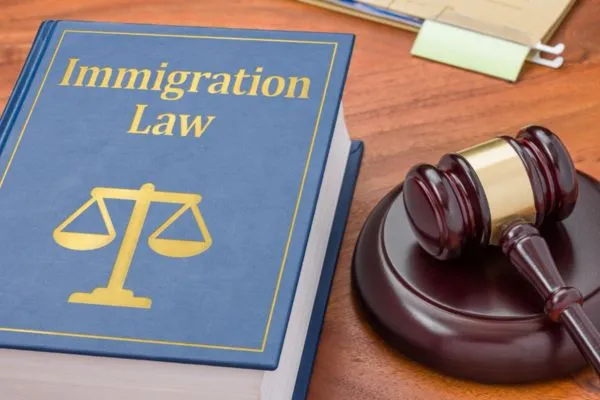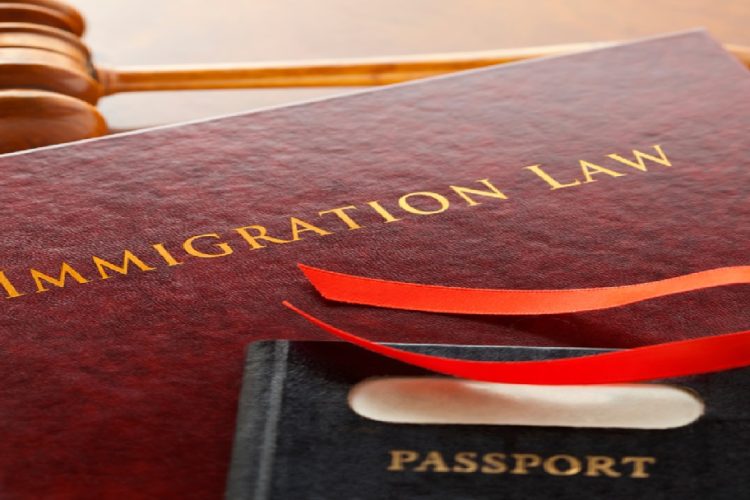Navigating the complexities of U.S. immigration law can be challenging, especially when it comes to family-based immigration. That’s where our expertise as family immigration lawyers comes into play. Our primary goal is to provide exceptional client service, ensuring a smooth and efficient process for bringing families together.
We understand the emotional and legal intricacies involved in family-based immigration. By delivering personalized guidance, we aim to ease the often-stressful journey of connecting loved ones across borders. Our team is dedicated to keeping families united and making the immigration process as seamless as possible.
Whether it’s helping with visas, petitions, or adjustments of status, our role is to advocate for family unity and navigate the legal landscape on behalf of our clients. By staying informed on the latest developments in immigration law, we ensure that families are equipped with the knowledge and support they need to thrive.Learn more about Family immigration lawyer
Understanding Family-Based Immigration
Family-based immigration is a critical avenue for individuals seeking to reunite with family members in the United States. By understanding eligibility requirements and the distinctions between immediate relative and family preference visas, we gain insight into this complex process.
Eligibility Criteria for Family-Based Visas
For family-based immigration, applicants must meet specific eligibility criteria. Immediate relatives of U.S. citizens, including spouses, unmarried children under 21, and parents, often qualify without numerical limitations. Permanent residents can also sponsor certain family members, but restrictions apply.
Applicants must have an approved Petition for Alien Relative (Form I-130) to begin the process. It is our responsibility to ensure accuracy and completeness in filing to avoid delays. Eligibility also depends on factors like age, relationship, and legal compliance.
Immediate Relative and Family Preference Visas
Immediate relative visas are available to close relatives of U.S. citizens and are not subject to annual numeric limits. Immediate relatives often benefit from faster processing times due to these priorities. This category includes spouses, minor children, and parents.
In contrast, the family preference category encompasses more distant familial relationships, such as adult children and siblings of U.S. citizens and certain relatives of permanent residents. These categories are subject to annual quotas, often leading to longer wait times.
Understanding the Affidavit of Support
The Affidavit of Support (Form I-864) is a crucial element in family-based immigration, serving as a contract where the sponsor agrees to financially support the immigrant. Sponsors must demonstrate sufficient income, usually at or above 125% of the federal poverty line, to fulfill this requirement.
Our role is to guide and assist sponsors in compiling necessary financial documentation and understanding their obligations. The affidavit ensures immigrants will not become reliant on government assistance, providing confidence in their financial stability upon arrival.
Family-based immigration offers a pathway to family unity in the U.S., and by navigating these essential components, we aid in facilitating successful reunification.
The Immigration Legal Process

Navigating the immigration legal process involves multiple steps, critical for achieving permanent residency. From consular processing to adjustment of status, each path demands specific documentation and legal oversight. Understanding the role of immigration attorneys is essential for families undergoing this complex journey.
Steps in Consular Processing
Consular processing is a crucial method used by many applicants seeking lawful permanent resident status from outside the United States. This initially involves filing a petition, often the Form I-130 for family-based visas, which establishes the applicant’s relationship with the U.S. sponsor.
Once the petition is approved, the National Visa Center takes over. They guide applicants through submitting the necessary documentation, including financial and civil documents, to demonstrate eligibility for an immediate relative visa.
An interview at a U.S. embassy or consulate is the last step. During this, applicants must provide valid documentation such as a passport and medical examination results. This process culminates in either the approval or denial of an immigrant visa, leading to entry into the U.S.
Adjustment of Status
For those already in the U.S., adjusting status to that of a lawful permanent resident is a different pathway. It allows individuals to apply for a green card without leaving the country, using Form I-485. This process is available to various visa holders, including immediate relatives like spouses and children of U.S. citizens.
One advantage includes the opportunity for work authorization and travel permits during the pending application. Applicants need to provide comprehensive documentation verifying eligibility and maintain their current status until a decision is made. An immigration interview usually follows, where applicants discuss their case with a U.S. Citizenship and Immigration Services (USCIS) officer.
Role of Immigration Attorneys in Family Immigration
Immigration attorneys play a pivotal role in guiding families through these complex legal processes. Our responsibilities include ensuring that all necessary documentation is correctly completed and submitted on time. This reduces the risk of delays or denials.
We interpret and apply immigration law, tailoring our approach to each client’s unique circumstances. Our legal team offers strategic advice, whether for fiancé visas or permanent residency applications, requiring robust advocacy and detailed knowledge of immigration services. Engaging with us can significantly enhance the chance of a successful outcome by navigating potential legal pitfalls and negotiating with authorities on the family’s behalf.

